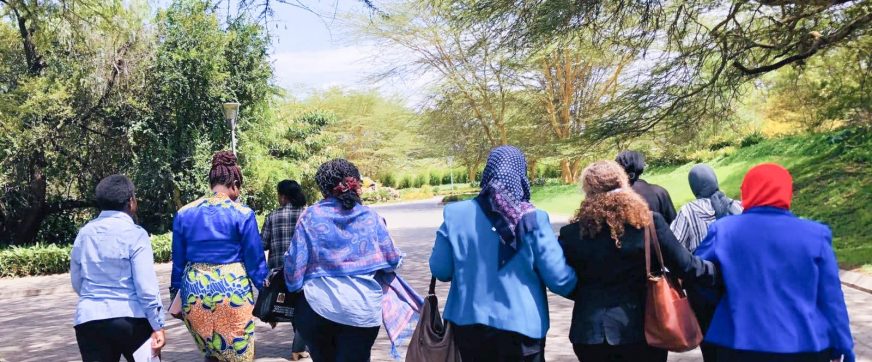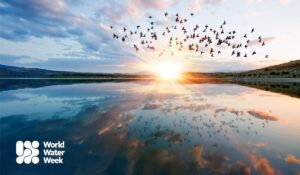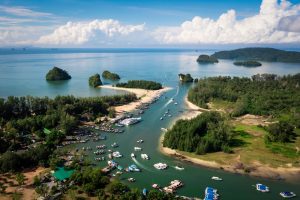Lessons from the Women in Water Diplomacy Network in the Nile
SIWI’s Women in Water Diplomacy Network in the Nile shares experiences and lessons learned on improving women’s participation in high level water diplomacy processes.

SIWI’s Women in Water Diplomacy Network in the Nile shares experiences and lessons learned on improving women’s participation in high level water diplomacy processes. At the recent Grand Ethiopian Renaissance Dam negotiations there were ”only four or five women” says Ambassador Nadia Gefoun, from Sudan, and those women all had something in common, “we are one group – a Network”.
Ambassador Nadia Gefoun, from the Ministry of Foreign Affairs, Sudan, recently shared her experiences of the Network during a SIWI-hosted web session. Watch the full session here!
“The Network is getting stronger and stronger, like for example when I participated at the recent Renaissance Dam Negotiations…I found out that we were very few [women] in the three delegations, we are about four or five women but we had something in common between us because we were with you [SIWI]…we are one group – a Network. If that continues that will be very good for the negotiations.”
The SIWI online session took place on 30 September as part of the IHE Delft Institute for Water Education convened e-conference ‘(En)Gendering Transboundary Water Governance: Feminist Perspectives on Water Conflict and Cooperation.Several members of the Women in Water Diplomacy Network talked about their experiences as leading decision-makers in the Nile in a conversation with SIWI.
“The challenges I have faced are the stereotypes and the cultural norms…we don’t have an encouraging environment in which we feel confident in talking about and contributing to decision-making,” said Yodit Balcha, Climate Change Adaptation Advisor, Ministry of Water, Irrigation and Energy, Ethiopia. She reflected that ‘water is not only a technical issue where hydro-politics prevails, so having a multidisciplinary expert, especially in water diplomacy could be one solution.’ Nonetheless she concluded ‘there are many promising developments that pave the way for a more effective role of women in decision-making.’
Research shows that gender inclusive peace processes are 35 per cent more likely to last at least 15 years, that peace agreements signed by women are positively associated with more durable peace, and that higher levels of gender equity are linked to a lower instance of conflict (for further background see SIWI’s policy brief ‘Tapping Our Potential: Women’s Water Leadership in the Nile Basin,’).
The Women in Water Diplomacy Network in the Nile is a project of SIWI’s global Shared Waters Partnership programme which works to support transboundary water cooperation in conflict sensitive basins. As the Women in Water Diplomacy Network in the Nile heads into its fourth year there is a strong momentum forward together as this inspiring session illustrates. ‘Power is taken, not given. You must not sit and wait for people to come and give you something, you have to fight for it!’ encouraged Ambassador Nadia Gefoun.







